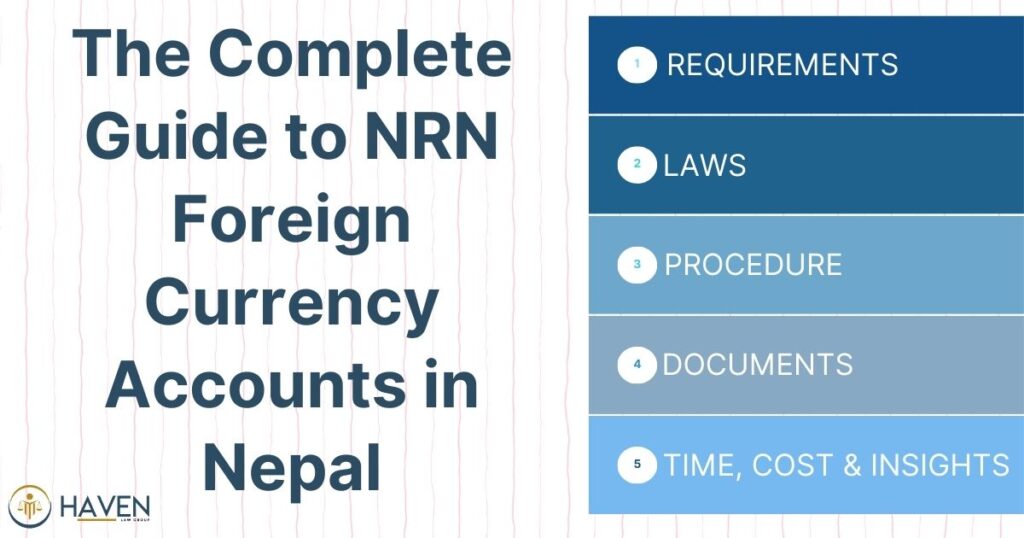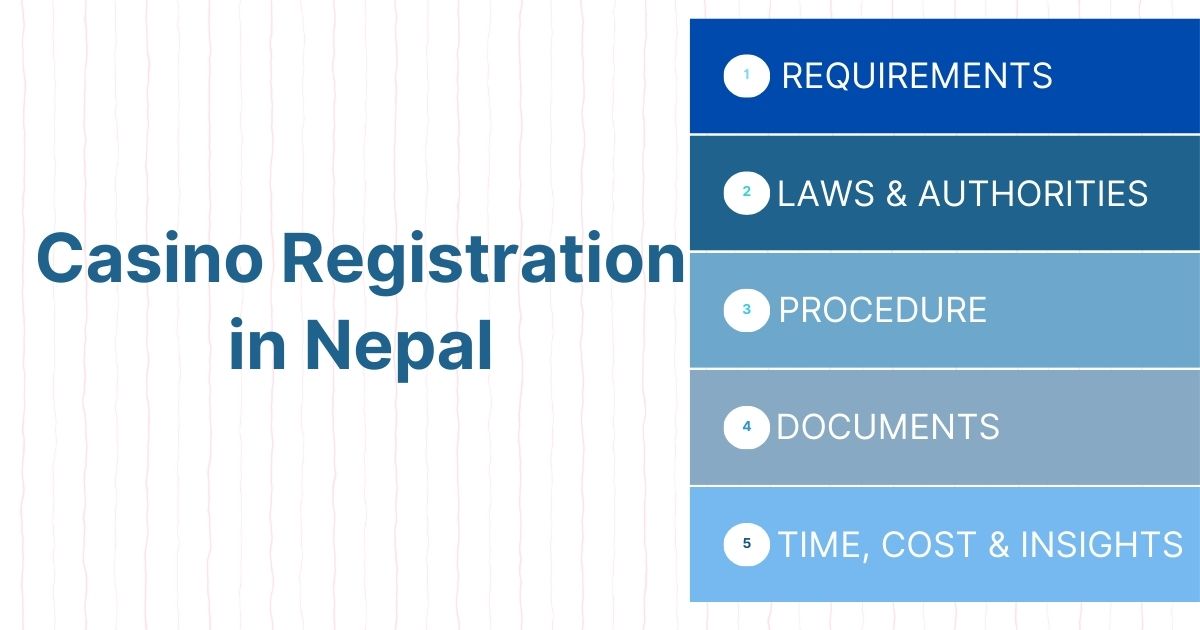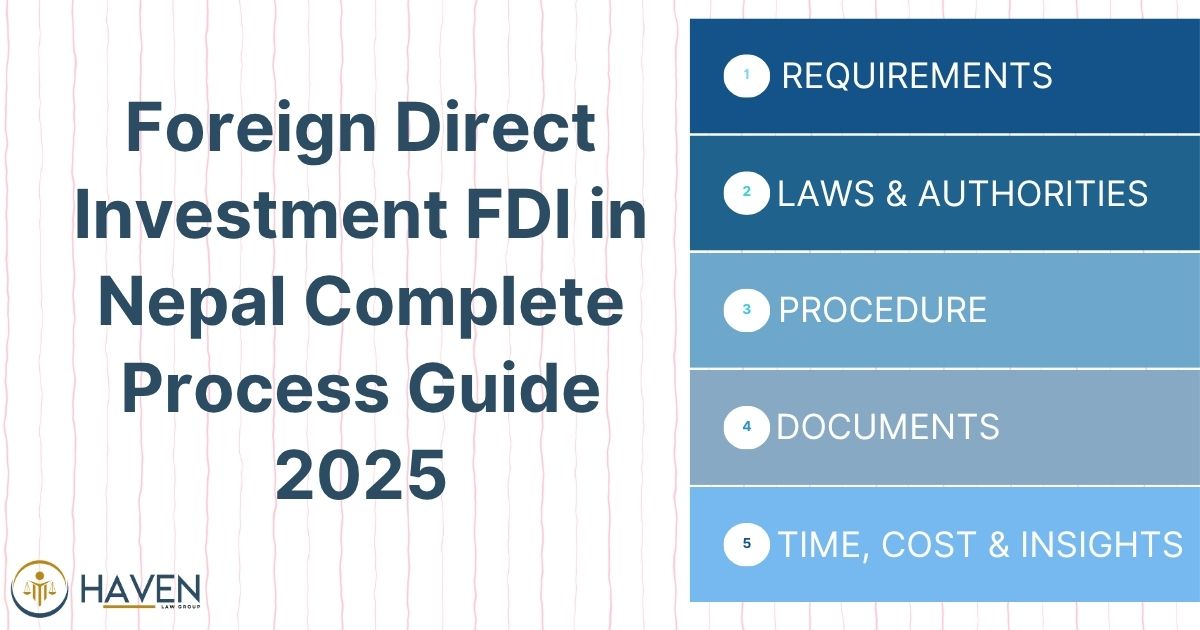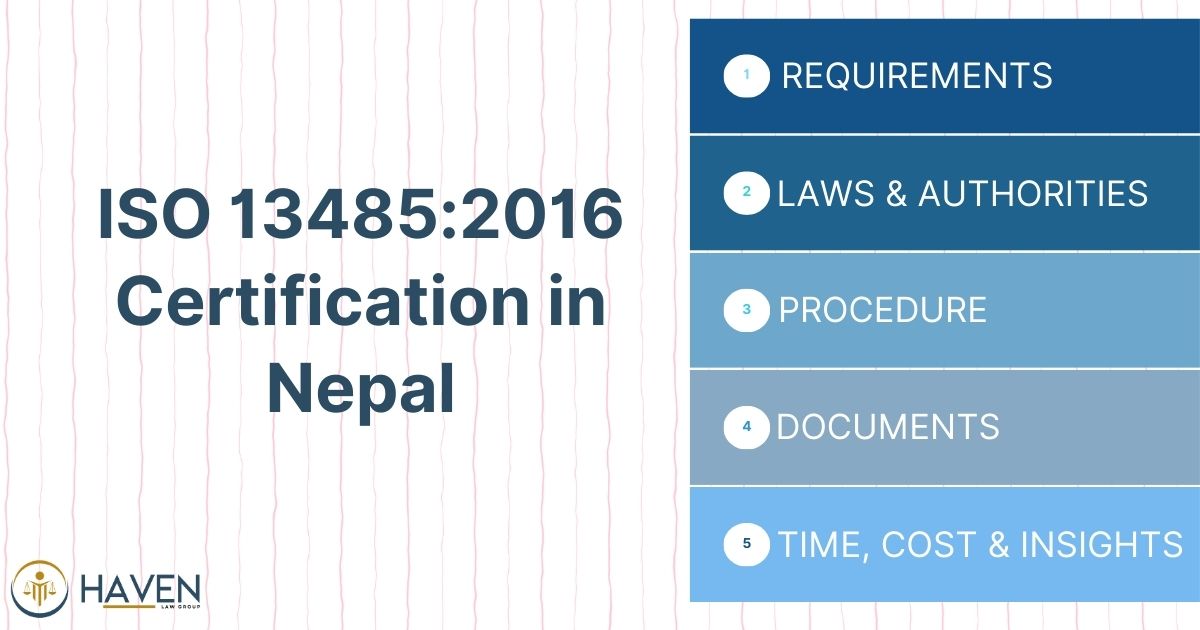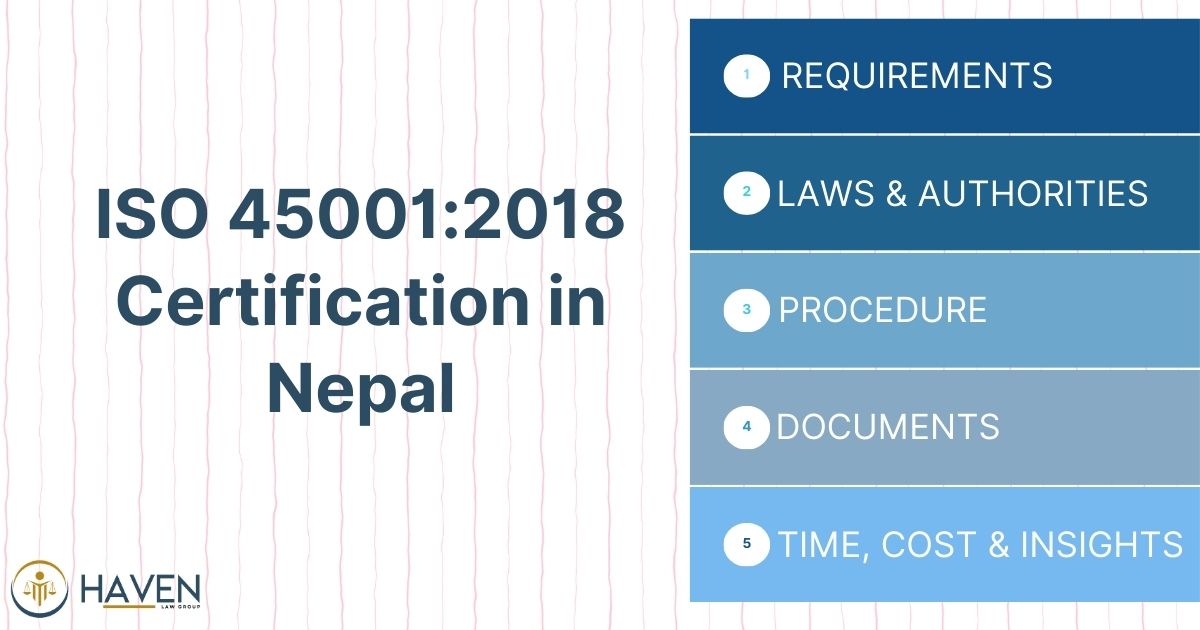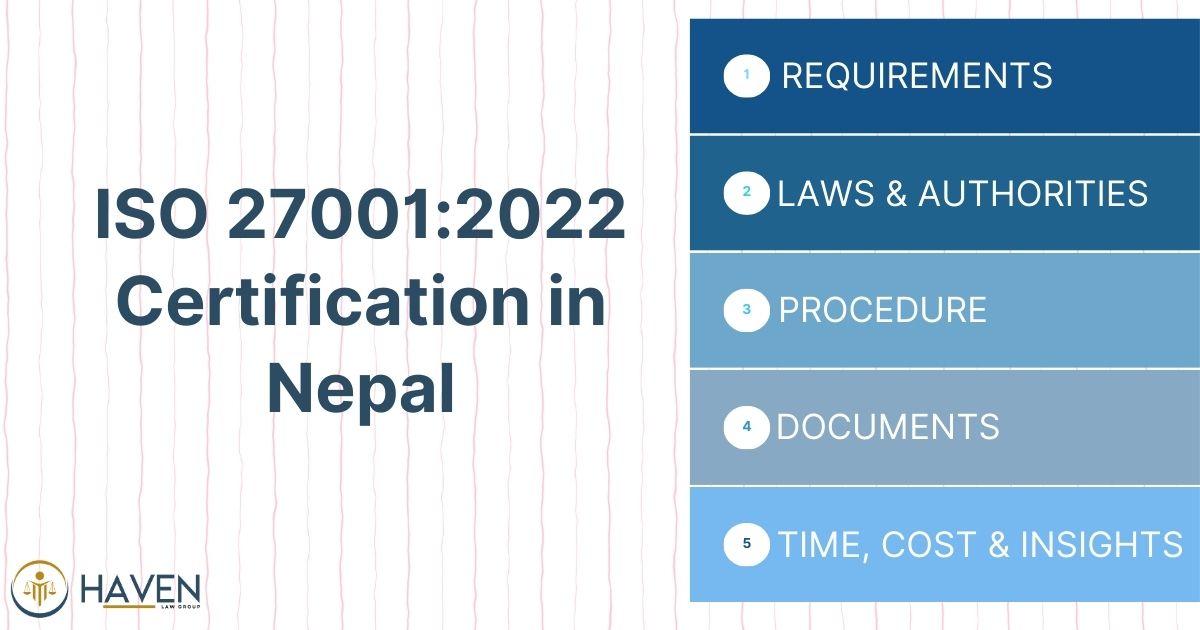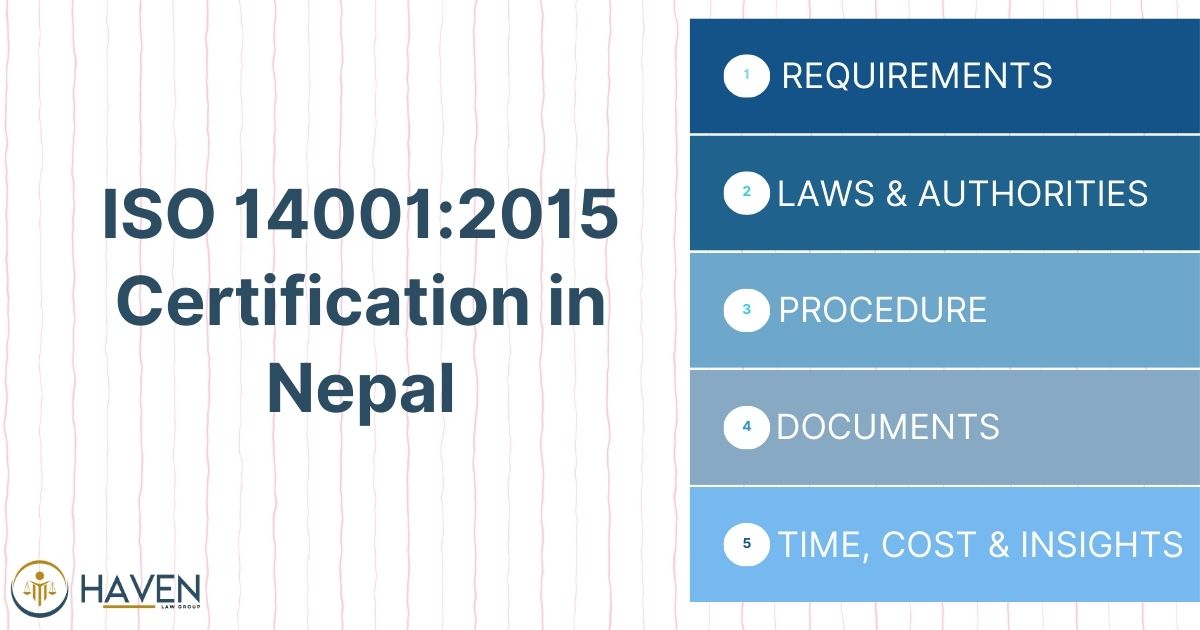Introduction
Nepal’s economic landscape has been significantly shaped by its diaspora, with remittances accounting for nearly 25% of the country’s GDP. Recognizing the crucial role Non-Resident Nepalese (NRNs) play in the national economy, Nepal’s banking sector has developed specialized financial services tailored to their unique needs. At the forefront of these services are foreign currency accounts, designed to provide NRNs with convenient banking solutions while maintaining their financial connections to their homeland. This comprehensive guide explores everything you need to know about NRN foreign currency accounts, from account opening procedures to regulations and benefits.
What is a Foreign Currency Account for NRNs?
A foreign currency account (FCA) for Non-Resident Nepalese is a specialized banking product that allows NRNs to maintain deposits in foreign currencies rather than converting them to Nepalese Rupees. These accounts serve as financial bridges between NRNs and their homeland, enabling them to:
- Hold savings in multiple major currencies
- Make investments in Nepal
- Transfer funds internationally with greater ease
- Support family members back home
- Eventually repatriate funds when returning to Nepal
These accounts were established under the Foreign Exchange Regulation Act and further supported by the NRN Act of 2008, specifically designed to facilitate financial inclusion for Nepalese citizens living abroad.
Which Banks Offer Foreign Currency Accounts to NRNs?
Nearly all major commercial banks in Nepal offer foreign currency accounts to NRNs. Some of the prominent institutions include:
- Nepal Investment Bank
- Nepal Rastra Bank (Central Bank)
- Himalayan Bank
- Nabil Bank
- Global IME Bank
- NIC Asia Bank
- Everest Bank
- Sanima Bank
Each bank offers slightly different features, interest rates, and service packages. Many have dedicated NRN banking departments with specialized staff who understand the unique requirements of non-resident customers.
Document Requirements: How to Open an NRN Foreign Currency Account
Required Documentation Process
- Verify your NRN status Obtain a Non-Resident Nepalese identity card or provide evidence of foreign residency/employment
- Gather personal identification documents Prepare your valid passport, passport-sized photographs, and citizenship certificate
- Collect proof of income/employment abroad Arrange employment verification letter, work permit, or resident visa from your country of residence
- Complete the bank’s application form Fill out the specific bank’s NRN account application with accurate personal and financial information
- Submit source of funds documentation Provide bank statements, salary slips, or other evidence showing the legitimate source of your funds
- Designate account nominees Name beneficiaries who can access the account in your absence
- Submit all documents to your chosen bank Either personally or through an authorized representative with power of attorney
Most banks have streamlined this process for NRNs, understanding that in-person visits may be challenging. Some documentation can be submitted electronically, though banks typically require notarized or apostilled copies of key documents.
Can NRNs Open Accounts from Abroad?
Yes, most Nepalese banks have implemented processes allowing NRNs to initiate account opening procedures from abroad. This typically works through:
- Online application portals on bank websites
- Email communication with dedicated NRN banking officers
- Coordination through relatives in Nepal acting as authorized representatives
- Working with Nepalese embassies or consulates that may facilitate banking services
The process generally requires:
- Completing initial application forms online
- Sending notarized/apostilled documentation by courier
- Verification calls with bank representatives
- Appointment of a local representative with power of attorney (if required)
Some banks may still require one in-person visit to complete verification, though this requirement is increasingly being waived through enhanced digital verification protocols.
What Currencies are Accepted in NRN Accounts?
Nepal’s banking regulations permit NRN foreign currency accounts in several major world currencies, including:
- US Dollar (USD) – Most widely accepted
- Euro (EUR)
- British Pound (GBP)
- Japanese Yen (JPY)
- Australian Dollar (AUD)
- Canadian Dollar (CAD)
- Singapore Dollar (SGD)
- UAE Dirham (AED)
The availability of specific currencies may vary between banks. Most NRNs prefer to maintain their accounts in the currency of their country of residence to avoid exchange rate risks during deposits and withdrawals.
Minimum Balance Requirements and Account Maintenance
Minimum balance requirements vary by bank and account type but typically range from:
- USD 500-2,000 for savings accounts
- USD 5,000-10,000 for fixed deposit accounts
Failure to maintain minimum balances may result in:
- Monthly maintenance fees (approximately USD 5-15)
- Reduced interest rates
- Potential account conversion to a regular account
Banks also typically charge annual account maintenance fees ranging from USD 25-50, which may be waived for high-balance accounts or customers with multiple banking products.
How Can NRNs Transfer Money to These Accounts?
Transfer Methods for NRN Accounts
- International wire transfers (SWIFT) The most common method, requiring the Nepalese bank’s SWIFT code and account details
- Online money transfer services Platforms like Wise (formerly TransferWise), WorldRemit, or Remitly that partner with Nepalese banks
- Foreign currency drafts/checks Submit drafts in approved currencies directly to the Nepalese bank
- Mobile banking applications Many Nepalese banks now offer dedicated mobile apps for international transfers
- Remittance services Services like Western Union and MoneyGram that partner with Nepalese banks
- Inter-bank transfers Direct transfers between international banks that have correspondent relationships with Nepalese banks
When making transfers, NRNs should consider both transfer fees (which typically range from USD 15-50 per transaction) and exchange rate spreads which can significantly impact the final amount received.
Withdrawal Limits and Accessibility
Nepal Rastra Bank regulations govern withdrawal limits for NRN accounts:
- Cash withdrawals in foreign currency: Limited to USD 500 (or equivalent) per visit
- Cash withdrawals in Nepalese Rupees: Subject to daily limits set by individual banks
- Funds transfers: Generally unlimited for documented purposes
- Repatriation: Up to the full principal amount plus interest when returning to Nepal permanently
NRNs should note that large withdrawals may require prior notification to the bank (typically 1-7 days depending on the amount) and may need additional documentation regarding the intended use of funds.
Banking Conveniences: Debit Cards and Online Services
Most Nepalese banks offer international debit cards linked to NRN foreign currency accounts, including:
- Visa and Mastercard options
- Daily ATM withdrawal limits (typically USD 500-1,000)
- Point-of-sale transaction capabilities worldwide
- Online purchasing functionality with 3D secure protection
Online banking services have significantly improved and typically include:
- 24/7 account access
- Fund transfers to other accounts within Nepal
- Bill payment services for Nepalese utilities
- Mobile banking applications with biometric authentication
- SMS and email alerts for all transactions
These digital services have transformed NRN banking, making account management possible regardless of geographic location.
Interest Rates and Financial Benefits
Interest rates on NRN foreign currency accounts vary by:
- Currency type
- Account balance
- Term commitment (for fixed deposits)
Current rates (as of 2023) typically range from:
- 0.5% to 2% for savings accounts
- 2% to 5% for fixed deposit accounts
These rates are generally competitive compared to international standards for foreign currency deposits. Interest payments are typically credited quarterly or annually depending on the bank’s policy.
Taxation of NRN Foreign Currency Accounts
The tax implications for NRN accounts include:
- Interest income is subject to a withholding tax (currently 5%) in Nepal
- Tax treaties between Nepal and the NRN’s country of residence may provide relief from double taxation
- Capital gains from investments made through these accounts may be subject to Nepalese tax laws
- Forex gains are generally not taxed unless they result from specific investment activities
NRNs should consult with tax professionals in both Nepal and their country of residence to ensure proper tax compliance on both ends.
Joint Account Options and Management
NRNs can open joint foreign currency accounts with:
- Other NRNs (most common)
- Resident Nepalese family members
- Foreign spouses (subject to additional documentation)
Joint accounts offer advantages in terms of:
- Estate planning and succession
- Shared financial management for family expenses in Nepal
- Simplified access for family members during emergencies
Operating instructions can be set as “either or survivor” or “jointly,” depending on the account holders’ preferences and requirements.
NRN Status Expiration: What Happens to Your Account?
When an NRN returns to Nepal permanently or their NRN status expires:
- The account holder must notify the bank within 30 days
- The account can be:
- Converted to a resident foreign currency account (with more restricted operations)
- Converted to a regular Nepalese Rupee account
- Closed with funds repatriated or converted to local currency
The NRN Act permits returning NRNs to maintain certain financial privileges even after returning to Nepal, though with modified terms and conditions.
Investment Opportunities Through NRN Accounts
NRN foreign currency accounts can serve as gateways for various investments in Nepal:
- Real estate purchases (subject to Nepal Rastra Bank approval)
- Stock market investments through the Nepal Stock Exchange
- Business ventures and entrepreneurship opportunities
- Government bonds and treasury instruments
- Infrastructure development projects
These investments often come with special incentives for NRNs as part of the government’s strategy to channel diaspora funds into national development projects.
Security and Regulation of Foreign Currency Accounts
NRN accounts benefit from multiple layers of security and regulatory oversight:
- Nepal Rastra Bank (NRB) regulations and periodic audits
- Deposit guarantee schemes (typically covering up to NPR 300,000)
- International banking standards compliance
- Anti-money laundering (AML) and Know Your Customer (KYC) protocols
- Regular account activity monitoring for suspicious transactions
These measures ensure that NRN accounts meet international banking security standards while complying with Nepal’s financial regulations.
The NRN Act 2008: Key Provisions and Implications
The Non-Resident Nepali Act of 2008 established the legal framework for NRN financial activities, with key provisions including:
- Official recognition of NRN status
- Rights to hold and operate foreign currency accounts
- Investment privileges in various sectors
- Property ownership rights
- Simplified visa procedures for NRNs
- Tax benefits for certain investments
This landmark legislation continues to evolve, with amendments aimed at further facilitating NRN contributions to Nepal’s economy.
Conclusion
NRN foreign currency accounts represent an important financial link between Nepal and its global diaspora. These specialized banking products offer NRNs the flexibility to maintain connections with their homeland while building financial security abroad. As Nepal’s banking sector continues to modernize, these services are becoming increasingly sophisticated, offering NRNs more options for managing their international finances. Whether you’re looking to support family, invest in Nepal’s growth, or prepare for an eventual return home, an NRN foreign currency account provides the financial foundation to achieve these goals while contributing to Nepal’s economic development.
What is an NRN (Non-Resident Nepali) foreign currency account?
An NRN foreign currency account is a specialized bank account that allows Non-Resident Nepalis to hold foreign currency in Nepal. These accounts enable NRNs to maintain funds in currencies like US dollars, euros, or pounds sterling with Nepali banks.
Who is eligible to open an NRN foreign currency account in Nepal?
Nepali citizens residing abroad, persons of Nepali origin holding foreign citizenship, and foreign citizens of Nepali descent are typically eligible to open NRN accounts. Specific eligibility criteria may vary slightly between banks.
What are the benefits of opening an NRN foreign currency account?
Key benefits include: ability to hold foreign currency in Nepal, easier fund transfers to Nepal, potential for higher interest rates compared to regular savings accounts, and simplified investment in Nepali financial instruments.
How can I open an NRN foreign currency account from abroad?
Many Nepali banks allow online applications for NRN accounts. The process generally involves submitting required documents electronically, verifying identity through video call, and transferring initial funds. Some banks may require an in-person visit to finalize account opening.
Is interest income from NRN accounts taxable in Nepal?
Yes, interest earned on NRN accounts is subject to a withholding tax in Nepal, typically around 5%. However, tax treaties between Nepal and the account holder’s country of residence may affect the final tax liability.
What documents are required to open an NRN account in Nepal?
Common requirements include: valid passport, proof of foreign residency or citizenship, recent photographs, completed account opening forms, and verification of source of funds. Additional documents may be requested depending on the specific bank and account type.
